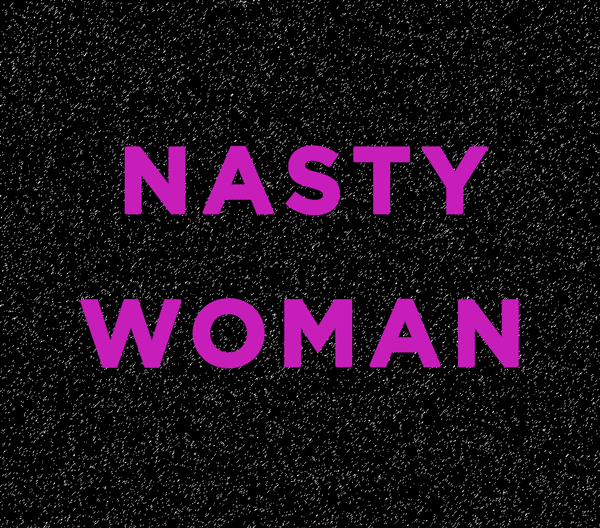‘Sometimes a Lady Needs to Be Told When She’s Being Nasty’

Photo: Yahoo Beauty
Appearing on the Alan Colmes radio show on Thursday night, Rep. Brian Babin, R-Texas, defended Republican presidential nominee Donald Trump for calling Democratic nominee and former Secretary of State Hillary Clinton a “nasty woman” during the third and final presidential debate.
Colmes, a liberal and the former co-host of Fox News’ Hannity & Colmes program, asked Babin if he thought Trump’s remark was appropriate.
“You know what, she’s saying some nasty things,” Babin replied.
So Colmes tried again, once again asking about the appropriateness of referring to one’s opponent as a “nasty woman.”
“Well, I’m a genteel Southerner, Alan,” said Babin.
“So that means no?” Colmes clarified.
To which Babin responded, “No, I think sometimes a lady needs to be told when she’s being nasty. I do.”
As a woman born and raised in the South, I feel uniquely qualified to explain to Rep. Babin why he’s dead wrong, especially given his description of himself as a “genteel Southerner.”
Clearly, if Babin thinks that part of being a proper Southerner is telling women to stop talking, then I’m calling his Southern cred into question. Because as even the most casual Designing Women viewer knows, if there one thing a proper Southern woman is, it’s vocal and opinionated. I refer you to Dixie Carter’s epic “The Night the Lights Went Out in Georgia” monologue in case you have any doubts. Also, there’s an entire movie heralding this notion, and it’s called Steel Magnolias.
But here’s the even bigger problem with a so-called gentleman of any U.S. region thinking that it’s more than fine to call women names when they say something you don’t want to hear (and for the record, Clinton was discussing Social Security policy when Trump devolved into name-calling): It sets up a problematic double standard wherein men have the ability to tell a woman to stop talking when she says something he disagrees with, but women, by default, are expected to stay silent if a man does the same.
This is, of course, even more egregious when the man Babin is defending is someone who has repeatedly denigrated Latino people, African-Americans, women, the disabled, and veterans and has appropriated “anti-Semitic dog whistles” on the campaign trail. None of these things, apparently, qualify as nasty — or, even if they do, permit a woman to express her own opinions to the contrary. By saying that the fact that Trump called Clinton a “nasty woman” for merely explaining her stance on Social Security policy is fully justified, Babin is essentially arguing that the only way for a woman to be as “genteel” as he purports to be is to say silent.
And as we’ve seen from the response of women to the Trump campaign — and especially the documented instance of Trump describing having perpetuated sexual assault — American women are simply not going to take that approach.
As an American woman hoping to hold the highest office in the land, neither is Clinton, nor should she be expected to be.
Women speaking their truth, sharing their educated and informed opinions, and sharing their lived experience isn’t nasty — it’s essential. When we have more voices from more perspectives and more experiences at the table, everyone wins.
And if thinking so makes me nasty? Well, to borrow a phrase from Clinton, then deal me in.
